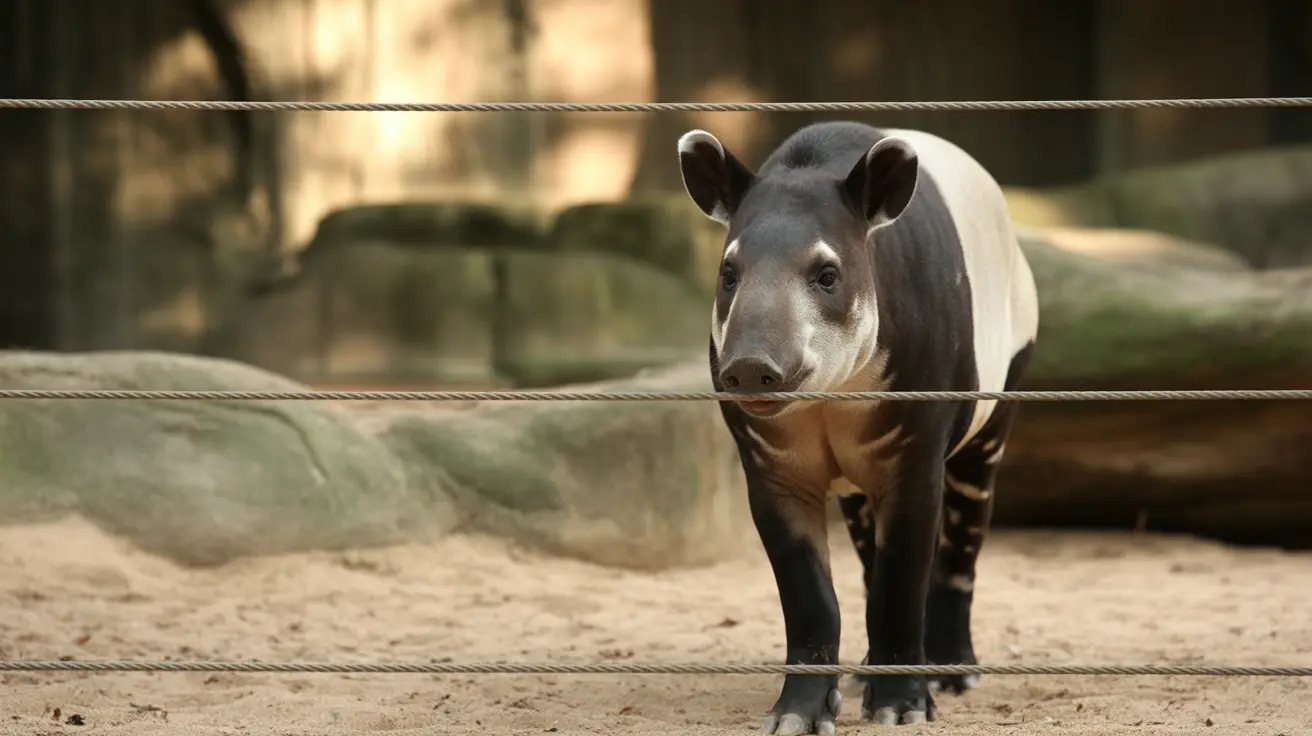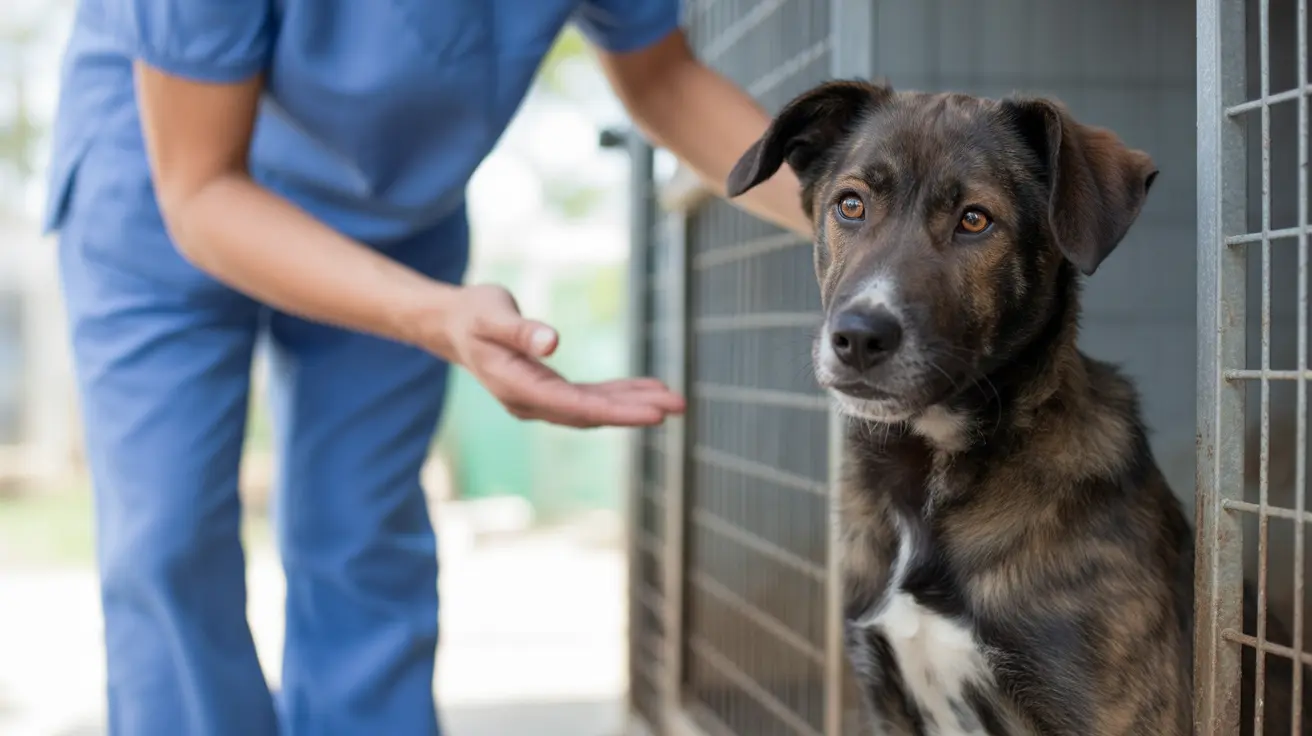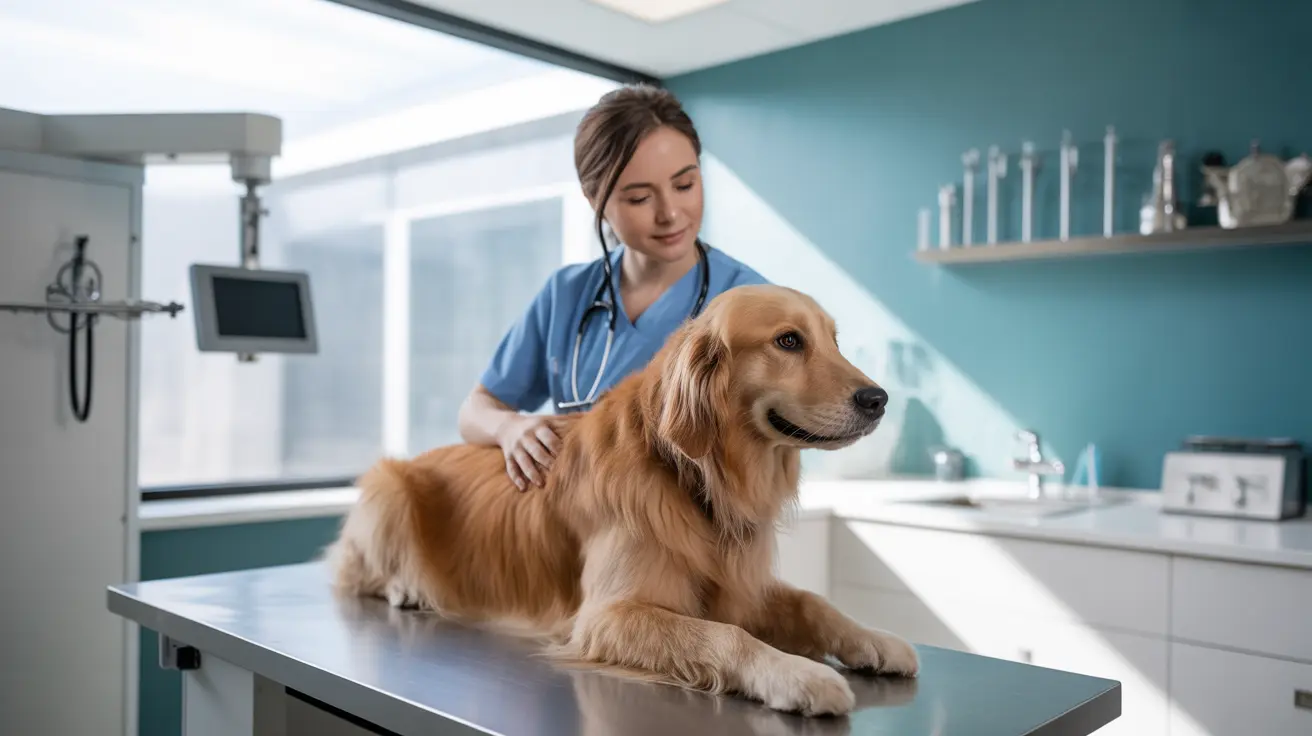Feline vaccination stands as a cornerstone of modern veterinary care, playing a vital role in protecting cats from potentially life-threatening infectious diseases. This comprehensive approach to preventive healthcare has revolutionized how we safeguard our feline companions' well-being, ensuring they lead longer, healthier lives.
Understanding the complexities of cat vaccines and their implementation requires careful consideration of individual factors, including age, lifestyle, and specific risk exposures. The science-based recommendations provided by the Feline Vaccination Advisory Panel continue to evolve, offering veterinarians and pet owners the most current guidance for making informed vaccination decisions.
Core Vaccines: Essential Protection for Every Cat
Core vaccines represent the fundamental building blocks of feline immunization, deemed necessary for all cats regardless of their living situation or lifestyle. These vaccines protect against highly infectious and potentially fatal diseases that pose significant risks to feline health. Ensuring every cat receives these shots offers collective protection for both individual pets and the broader community of animals.
The Critical Role of Rabies Vaccination
The rabies vaccine for cats isn't just recommended—it's typically mandated by law. This essential vaccination protects against a fatal disease that can affect both animals and humans, making it a crucial component of public health safety. Once symptoms appear, rabies is almost invariably fatal, emphasizing the importance of prevention through vaccination. Regular and timely rabies vaccination also helps reduce the transmission risks among stray and domestic animal populations.
FVRCP: The Triple-Protection Vaccine
The FVRCP combination vaccine provides protection against three serious feline diseases, acting as a core defense for your cat's health:
- Feline Viral Rhinotracheitis (Herpesvirus): Causes severe respiratory infections, leading to sneezing, nasal discharge, and sometimes long-term ocular issues.
- Calicivirus: Results in respiratory issues and oral ulcers, which can cause discomfort, secondary infections, and reduced appetite.
- Panleukopenia: A potentially fatal disease affecting the immune system, it can lead to lethargy, vomiting, diarrhea, and high mortality, especially in kittens.
Routine administration of the FVRCP vaccine is essential for both kittens and adult cats, providing immunity that helps prevent outbreaks in community cat populations.
Non-Core Vaccines: Tailored Protection Based on Risk
Non-core feline vaccines offer additional protection based on specific risk factors and lifestyle considerations. These vaccines are recommended selectively, following a thorough cat health assessment and evaluation of exposure risks. Veterinarians determine the necessity of non-core vaccines by considering your cat's environment, outdoor activity, contact with other animals, and local disease prevalence.
Understanding Optional Vaccinations
Key non-core vaccines include:
- The Bordetella vaccine: Recommended for cats in multi-cat environments, shelters, or boarding facilities to prevent contagious respiratory infections.
- Chlamydia felis vaccine: Helps protect cats at risk of upper respiratory infections, especially those frequently exposed to new cats or experiencing stress.
- Feline leukemia vaccine (FeLV): Particularly important for outdoor cats or those in contact with FeLV-positive cats, as this viral infection can cause severe illness and immunosuppression.
Discussing your cat’s unique risk profile with your veterinarian ensures that any optional vaccines administered are truly necessary and beneficial.
Developing an Individual Vaccine Plan
Creating an optimal vaccination strategy requires careful consideration of multiple factors, and each cat’s vaccine protocol should be unique. Important aspects include:
- Age and life stage: Kittens, adults, and seniors all have different immune needs and responses to vaccines.
- Indoor vs. outdoor lifestyle: Cats that go outdoors are at higher risk of exposure to infectious diseases and may require additional protection.
- Exposure to other animals: Multi-cat households or environments with frequent animal introductions can increase disease spread risks.
- Local disease prevalence: Some areas may have higher incidences of certain diseases, impacting vaccine choices.
- Overall health status: Cats with chronic conditions or compromised immune systems may need a tailored approach, balancing benefits and potential risks.
Veterinarians synthesize these factors to recommend a vaccine schedule that maximizes effectiveness and safety for your pet.
Vaccination Schedule and Timing
A typical kitten vaccination schedule begins at 6-8 weeks of age, with boosters administered every 3-4 weeks until the kitten reaches 16 weeks. This staged approach helps build strong, lasting immunity during a critical developmental period. Adult cat vaccination follows a maintenance schedule, usually with boosters given every 1 to 3 years depending on vaccine type, lifestyle, and previous immunization history. Regular updates ensure ongoing protection as your cat's risks and needs evolve over their lifetime.
Managing Vaccine Safety and Effectiveness
While the benefits of vaccination for cats far outweigh potential risks, monitoring for adverse reactions remains important. Most side effects, such as mild fever, temporary lethargy, or minor swelling at the injection site, are mild and temporary. However, being aware of possible reactions—like persistent vomiting, diarrhea, or difficulty breathing—helps ensure prompt veterinary attention if needed. Veterinarians also use the latest techniques to ensure safe administration and select appropriate vaccines for each cat’s health status.
Frequently Asked Questions
- What are core vaccines for cats? Core vaccines protect against panleukopenia, herpesvirus, calicivirus, rabies, and for kittens, feline leukemia. These vaccines are considered essential due to the severity and contagiousness of these diseases.
- What are non-core vaccines for cats? Non-core vaccines include FeLV (for adults), Chlamydia felis, and Bordetella bronchiseptica. They are given based on the specific risk profile and environment of the cat.
- At what age should kittens receive their first vaccines? Kittens usually start vaccination at 6-8 weeks of age, with boosters administered every 3-4 weeks until they complete the initial series around 16 weeks.
- Do indoor cats need vaccines? Yes, even indoor cats need core vaccines, as some diseases can be introduced into the home environment indirectly, via humans or other pets.
- How often do adult cats need booster vaccines? Most boosters are given every 1 to 3 years, depending on the specific vaccine and your veterinarian's recommendations.
- What factors influence a cat's vaccination plan? Factors such as age, lifestyle, health status, exposure risk, and previous vaccine history are all considered when creating a vaccination plan.
- Are feline vaccines safe? Vaccines are generally considered very safe. Side effects are rare and typically mild, but always report any unusual symptoms to your veterinarian.
- Who determines which vaccines my cat needs? Your veterinarian will assess your cat individually and recommend the most appropriate vaccines for their specific needs and risk factors.
- Can vaccination protect cats from all diseases? While vaccination dramatically reduces the risk of many serious diseases, it does not prevent every possible illness. Other measures, such as regular vet visits and good hygiene, are also important for overall health.
- Are feline leukemia vaccines needed for all cats? FeLV is considered core for kittens but non-core for adults. The need for this vaccine is determined based on the cat’s exposure risk and lifestyle.
Conclusion: A Lifelong Commitment to Feline Health
Maintaining your cat's health through proper vaccination is a crucial responsibility of pet ownership. Regular consultation with your veterinarian ensures that your cat's vaccination protocol remains current and appropriate for their specific needs. By following a well-designed feline vaccine schedule, you're taking an essential step in protecting your beloved companion's health for years to come. Remember, proactive vaccination not only shields your cat from preventable diseases but also contributes to the wellbeing and safety of the entire pet community.






